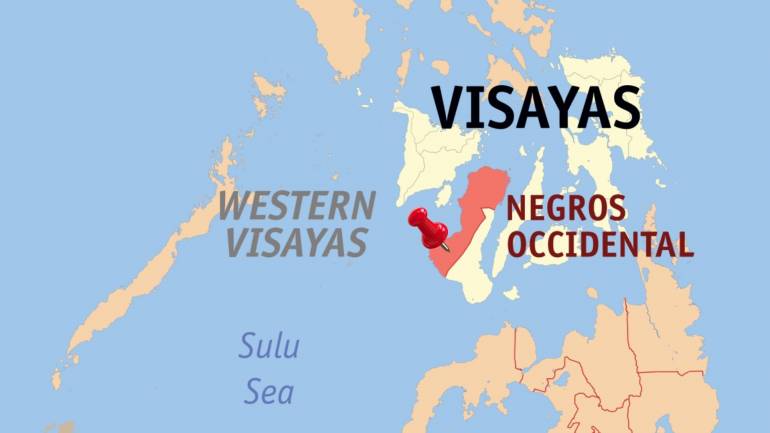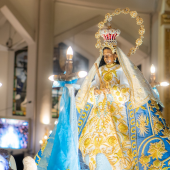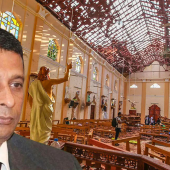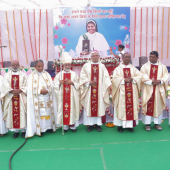Philippines: Negros Occidental Leaders and Advocates Stand United Against GMO Testing

Religious leaders, farmers’ groups, scientists, and civil society organizations in Negros Occidental, Philippines, have voiced strong opposition to the testing, introduction, or cultivation of genetically modified organisms (GMOs).
In a jointly signed declaration on September 1, 2025, they underscored the province’s global recognition as the “Organic Agriculture Capital of the Philippines,” warning that GMO testing would undermine decades of progress in organic farming, food sovereignty, and sustainable development.
Negros Occidental, located in the Visayas region, is one of the country’s leading agricultural provinces. Known for its vast sugarcane plantations, it is also a top producer of organic rice and high-value crops. Over the years, the province has built a national reputation for sustainable agriculture, backed by strong government and community support. This success has earned international recognition and inspired similar initiatives across Asia.
The statement echoed the stance of the International Federation of Organic Agriculture Movements (IFOAM – Organics International) and IFOAM Asia, which affirm that GMOs are fundamentally incompatible with organic agriculture. Advocates warned that GMOs threaten biodiversity, risk contamination of organic produce, compromise food sovereignty, and raise unresolved concerns about health and ecological safety.
Among the signatories are Bishop Gerardo Alminaza of the Diocese of San Carlos, Fr. Julius Espinosa of Caritas Bacolod, and Fr. Julius Tormis of Lunhaw Integral Ecology Ministry, along with representatives from farmers’ associations, environmental foundations, and academic institutions. Other signatories include leaders from Nisard Foundation, Philippine Reef and Rainforest Conservation Foundation, MASIPAG, DAWN Women’s Council, and the Confederation of Indigenous Peoples Organizations in Southern Negros.
The groups urged the Provincial Government of Negros Occidental and partner institutions to uphold and strictly enforce the province’s GMO-free policy. They called on leaders to reject any proposals for GMO testing or cultivation while strengthening support for organic and agroecological farming that ensure food sovereignty and ecological balance. The declaration also highlighted the need to protect farmers’ and consumers’ rights from corporate-driven technologies that could endanger health, biodiversity, and the future of communities.
“Negros must remain GMO-free. Its future lies in being a model for ecological food systems, not a testing ground for technologies that threaten our land, our health, and our future,” the declaration concluded.
The statement also resonates with the message of Pope Francis in Laudato Si’, where the late pontiff raised concerns about the social, economic, and ecological consequences of genetic engineering. He stressed that the debate on GMOs must go beyond scientific analysis and include safeguarding biodiversity, protecting small farmers, and ensuring justice for vulnerable communities.
Radio Veritas Asia (RVA), a media platform of the Catholic Church, aims to share Christ. RVA started in 1969 as a continental Catholic radio station to serve Asian countries in their respective local language, thus earning the tag “the Voice of Asian Christianity.” Responding to the emerging context, RVA embraced media platforms to connect with the global Asian audience via its 21 language websites and various social media platforms.














